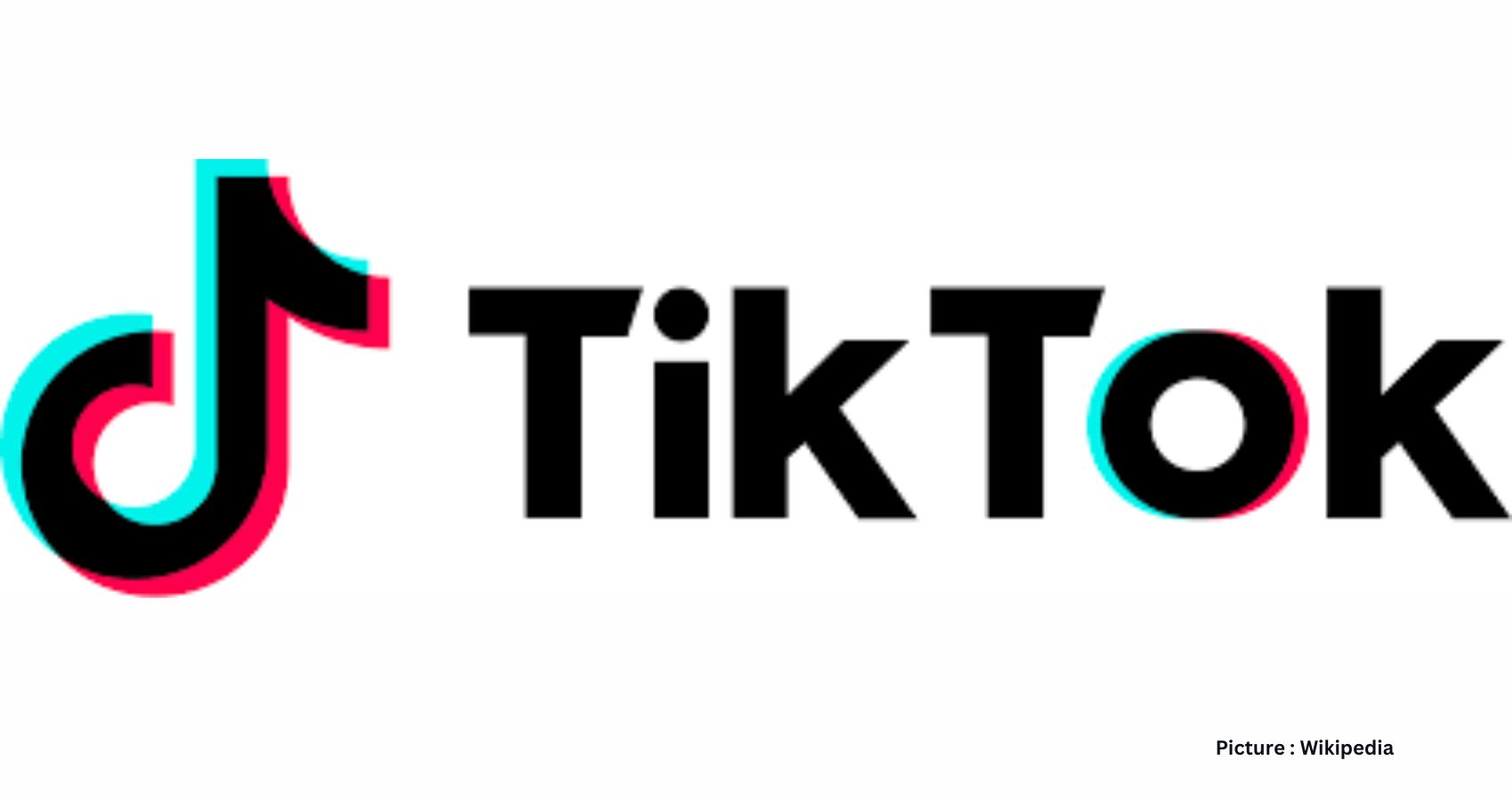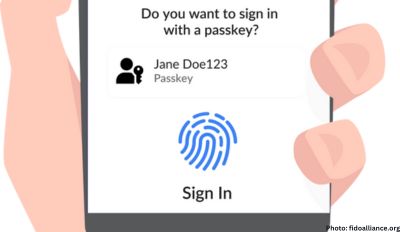TikTok and its parent company ByteDance have taken legal action against a U.S. law aimed at compelling the divestment of the popular social media app from its Chinese-based ownership or facing a ban in the United States. The lawsuit, filed on Tuesday against the U.S. government, contends that the law, known as the Protecting Americans From Foreign Adversaries Act, infringes upon the First Amendment rights.
The legislation grants ByteDance a 270-day window to offload TikTok to a new entity that would oversee its operations in the U.S. Failure to comply would result in the app being barred from American networks and online platforms. Additionally, the president has the authority to grant ByteDance an extra 90 days if deemed necessary.
TikTok and ByteDance argue that a “qualified divestiture” is unattainable, citing commercial, technological, and legal challenges. They assert that such a move would inevitably lead to the shutdown of the app in the U.S., impacting millions of daily users. Furthermore, TikTok criticizes the law for singling out the app by name, while the president is granted the power to identify other applications falling under similar regulations, though TikTok and ByteDance are the sole entities explicitly mentioned in the legislation.
Even if a sale were feasible, TikTok maintains that the law represents an “extraordinary and unconstitutional assertion of power.” It contends that the legislation sets a dangerous precedent, allowing Congress to circumvent First Amendment protections by invoking national security concerns to compel the divestment of any media outlet.
This legal challenge represents the latest and most significant threat to TikTok’s presence in the U.S., although it is not the first time the company has faced such peril. Previously, the Trump administration attempted to enact a ban on TikTok, which was thwarted by federal courts. Additionally, TikTok has successfully navigated challenges at the state level, including a Montana law that was later blocked by a judge.
However, the current law poses a formidable obstacle to TikTok’s future operations in the U.S., particularly given its national security underpinnings, which may complicate legal defenses. The legislation garnered swift approval in Congress, with overwhelming bipartisan support. The House passed the bill with a decisive 352-65 vote in March, less than a week after its introduction. Subsequently, the measure was included in a broader foreign aid package that President Biden signed into law last month.











